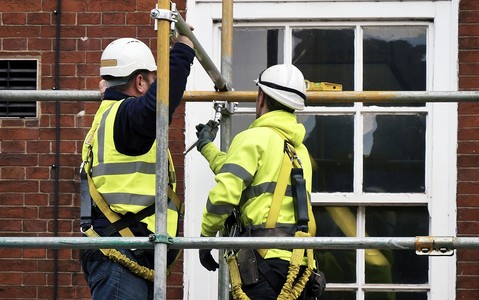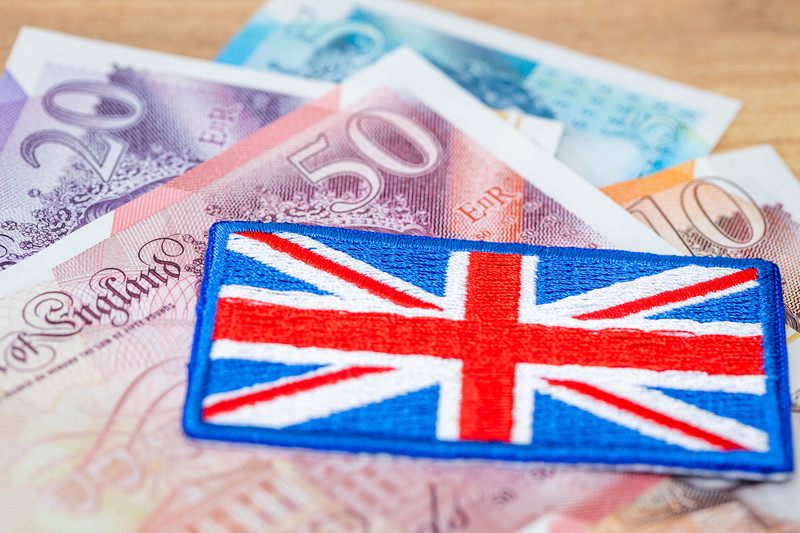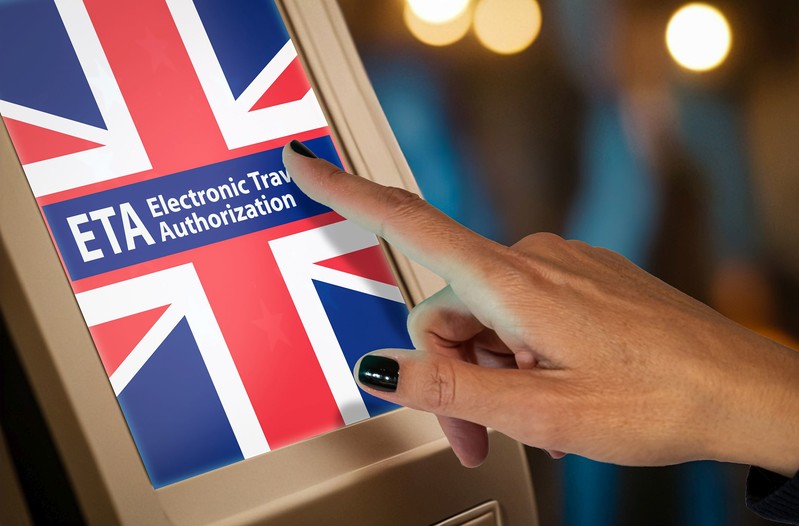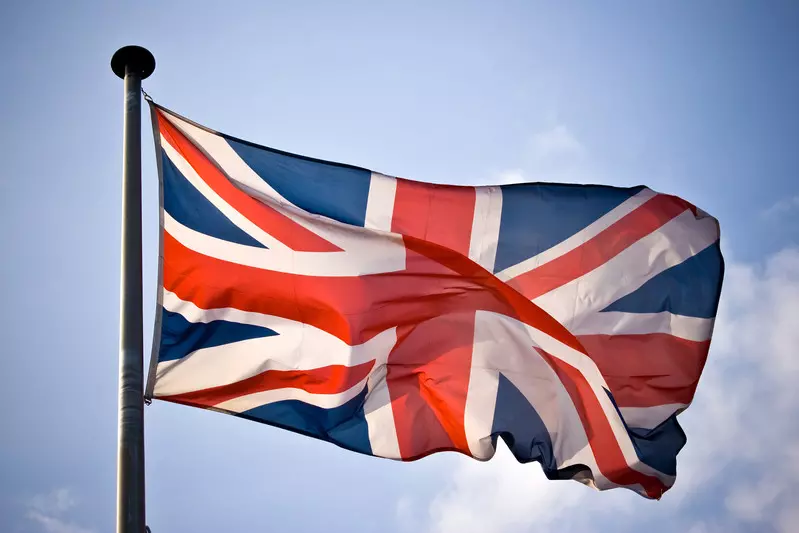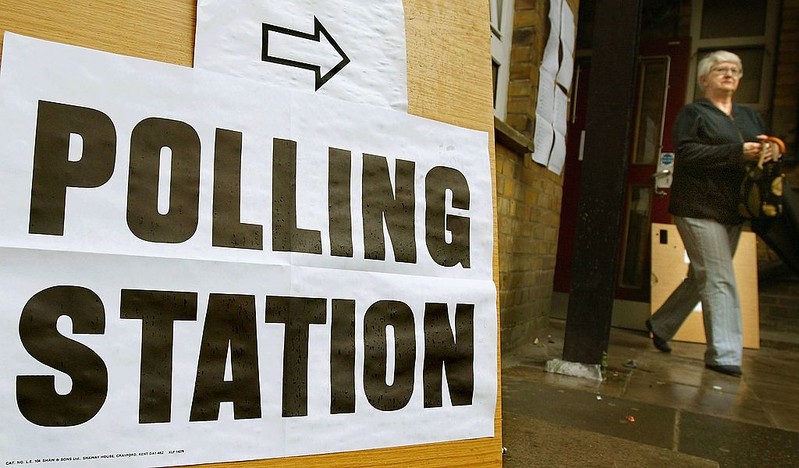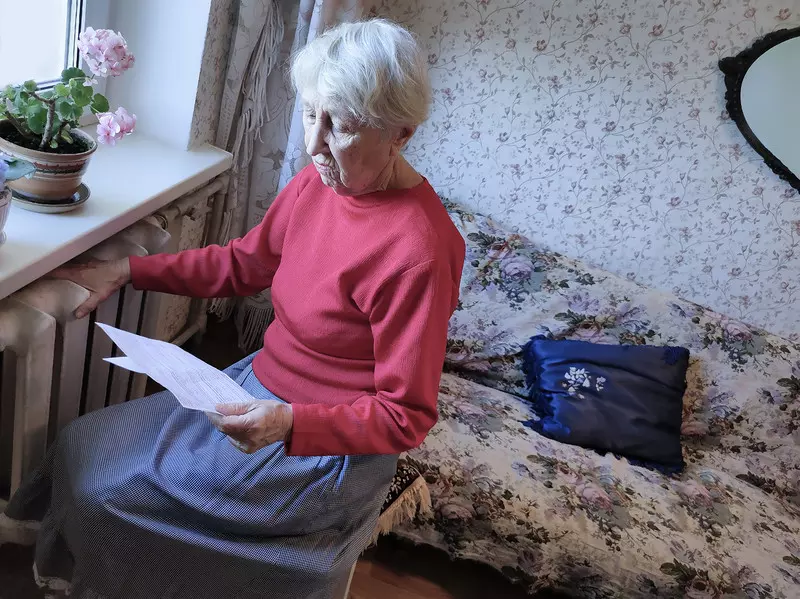What is the UK Government Doing to Help Tackle Harmful Gambling Behaviours?

To try to prevent this from becoming the case, the Government works alongside providers to support players through responsible gambling initiatives, campaigns, and tools. There have been big changes in recent years, with the Government introducing a statutory levy to fund gambling research and support—so let’s look at exactly what these changes look like!
Promoting Responsible Gambling
Both the Government and providers focus on promoting responsible gambling through educational materials and tools. In the UK, all providers are required to include information on how to gamble responsibly; they have to feature things like questionnaires to help them reflect on their relationship and lists of warning signs that highlight what constitutes harmful gambling.1 These help players reflect on their gambling activity and consider warning signs they might not have even thought about.
Responsible Gambling Tools
On top of educational materials, there are also responsible gambling tools, which all players are encouraged to make use of. These include financial ones, like deposit limits—which cap how much a player is able to spend at a provider—and loss limits—which put a maximum on how much money they can lose over a set period of time, like £10 a week. There are also session limits that stop players from accessing a provider after they’ve been playing for a certain amount of time, say, one hour. All these tools look to prevent players from falling into harmful behaviours, like overspending or chasing losses.
Deposit Limits Become Mandatory
In February 2025, the Government announced that deposit limits will become mandatory for all players across the UK. From the 31st of October of this year, when someone looks to open an account at a provider, they’ll automatically be asked to set a limit they’re comfortable with.2 Providers will also have to prompt players to review their limits every six months and make it easier for them to access and change their maximums.
Although these are practices already seen at many providers throughout the industry, the Government and UK Gambling Commission said the change was intended to make them more effective. The change comes after research by the UKGC found that the uptake of deposit limits was slowing following alterations made by providers on how they’re offered; they said these changes "could cause confusion for some consumers" and followed up the announcement with a consultation project that asks players how deposit limits could be made more transparent.3
Providers and Gambling Campaigns
All the tools and educational materials offered by the Government—and providers alike—are of little use if nobody knows about them; that’s why a large number of campaigns across the country focus on promoting the important message of responsible gambling. You’ve more than likely heard an advert by one of these campaigns, with slogans like "Take time to think" or "When the fun stops, stop"—all of which are designed to raise awareness of responsible gambling, especially by targeting sports events like horse racing and football matches.4 Although not government-backed, many of these charity groups work with providers and the Betting and Gaming Council (the industry’s standards body).
Establishing the Statutory Levy
The biggest recent change has been the introduction of the statutory levy on gambling providers, which came into effect at the start of April 2025. Prior to this, providers were required to make annual contributions to a list of organisations that carry out research, education, and treatment of gambling issues. Rather than relying on providers, the new levy will automatically take the required amount of revenue and public health organisations will manage where the funding goes.
The Closure of GambleAware
The establishment of the statutory levy signalled the movement of gambling prevention away from voluntary charities and towards being government-managed. As a result, the UK’s biggest gambling harm charity, GambleAware, is set to close by the end of March 2026.
GambleAware relies on the money donated by providers and, due to that loss of funding, has committed to a "responsible wind down".5 It’s also working alongside the Department of Health and Social Care to transfer its services—like helplines and support groups—with minimum disruption to those who need them. The aim of the move is to encourage more transparency on where the money is going; however, there has been considerable concern throughout the industry that it could force out charities who have spent years caring for at-risk players and put further strain on already struggling national health services.
Monitoring and Limiting Advertisements
The Government closely monitors how gambling is advertised; their main aim is to ensure that advertisements don’t "encourage gambling behaviour that is socially irresponsible or could lead to financial, social, or emotional harm".6 It is also worth noting that, despite the close management of gambling ads, there are many campaigns—such as Gambling with Lives and the Coalition to End Gambling Ads—that argue for a blanket ban of them across the UK.
How Does the Government Ensure Fair Advertising?
One change made by the Government has been to limit advertisements that include figures who disproportionately appeal to those at high risk of harm, like children. It’s likely that, in the past, you’ve seen gambling advertisements using footballers, influencers, or celebrities. After recognising the dangerous appeal of these ads, the Committee for Advertising Practice banned them back in October 2022; they also prevented the use of any references to "youth culture", like video games or Love Island.7
What Actually Is a Whistle-to-whistle Ban?
In 2019, the Government introduced a whistle-to-whistle ban on gambling advertisements during popular live sport events, like football and rugby games; it banned gambling ads from running from five minutes before an event until five minutes after. The ban is only limited to before the 9 pm watershed, which has led to criticism from many groups who call for an overall ban. However, the BGC reported that it reduced the number of gambling ads seen by children by an impressive 97%!
Financial Risk Assessments—the Future of Reform?
The UKGC is currently running a trial of low-level financial risk assessments to decide whether they’d be an effective tool in reducing harmful behaviours. The checks use publicly available information, like credit reports and debt records, to "identify remote gambling customers" who may be in financial difficulties. If someone is flagged as a concern, it would recommend limits and helplines that could help them regain control.
The checks are designed to be frictionless, so that players don’t have to go to any extra effort to complete them and would only be triggered by players depositing more than £150 a month (although the trigger limit could change). In the second stage of the pilot, more than 1.7 million financial risk assessments were completed at a success rate of 97%—meaning it’s more than likely we’ll see them introduced at some point in the near future.
How Does the Government Tackle Gambling Harm?
The UK Government combines education, prevention, and research to limit gambling harm experienced by players. This involves working with providers to promote financial and time limits, as well as more permanent tools like self-exclusion. They’ve combined these with limits on gambling ads, as well as campaigns to spread awareness of responsible gambling.
The statutory levy—and closure of GambleAware—indicate a movement towards more transparency in the prevention of gambling harm. When we consider the recent changes made to deposit limits and the trial of financial risk assessments, it’s very clear the Government is looking to do more to tackle gambling harm.
¹ Responsible Gambling Information, Written by the UK Gambling Commission, Published by the UK Gambling Commission.
² Gambling Commission Enforces Limits for First-Time Depositors, Written by Robert Fletcher, Published by iGaming Business.
³ New Rules Empowering Consumers and Boosting Operator Transparency, Written by the UK Gambling Commission, Published by the UK Gambling Commission.
⁴ About Take Time to Think: A New Safer Gambling Campaign, Written by Take Time To Think, Published by Take Time to Think.
⁶ Gambling Advertising: How Is it Regulated?, Written by John Woodhouse, Published by the House of Commons Library.
⁷ New Rules of Gambling Adverts Ban Celebrities and Sports Stars, Written by BBC News, Published by BBC News.
⁸ Commission Updates on the Financial Risk Assessments Pilot, Written by the UK Gambling Commission, Published by the UK Gambling Commission.


